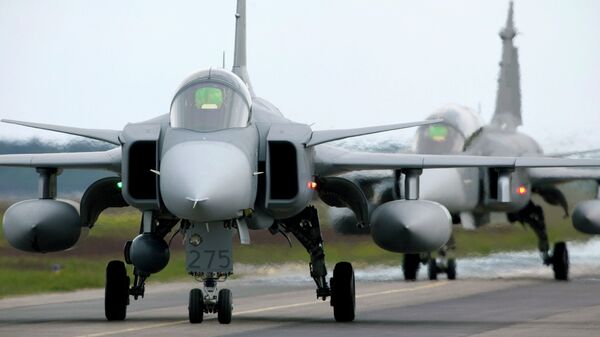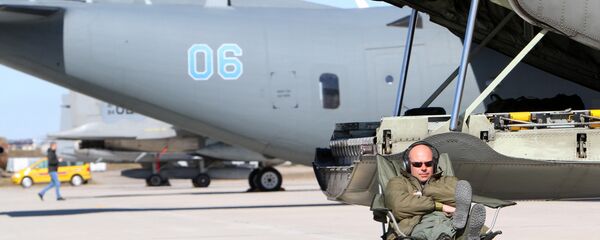"Sweden is debating … Of course, I repeat, we thought that all those principles in the UN Charter and the OSCE were working, that conflicts were really solved through negotiations and that you could not occupy neighboring states. But after 2014, when it turned out that Russia was ready to cross that line – in two meanings, — it worries us, and it worries our people," Ericson told reporters in Russia's city of Samara, where he arrived to take part in the events dedicated to the Days of Sweden, and added that "so far, Sweden’s reply is to strengthen cooperation with NATO and increase military expenses."
Sweden has been a neutral country since 1815, when it lost a third of its territory in the Napoleonic Wars. In late 2016, regular polls on joining NATO showed that the number of people speaking against it decreased to 40 percent, compared to 50 percent in 2015. About 40 percent of respondents described security threats coming from Russia as "high or very high."
The debates on the issue are ongoing, and it's not clear how they will end, Ericson explained, adding that for Sweden "as a small country, and not a part of any military alliances, international law is extremely important."
"The main principle is that the borders cannot be changed by force," the ambassador emphasized.
Moscow has repeatedly stressed that Russia posed no danger to anyone but would not leave unanswered any actions potentially threatening its interests, with Russian Foreign Minister Sergey Lavrov stating that Russia will increase its military capabilities on its northern and northwestern borders, including a buildup of its Northern Fleet, if Sweden joins NATO.



